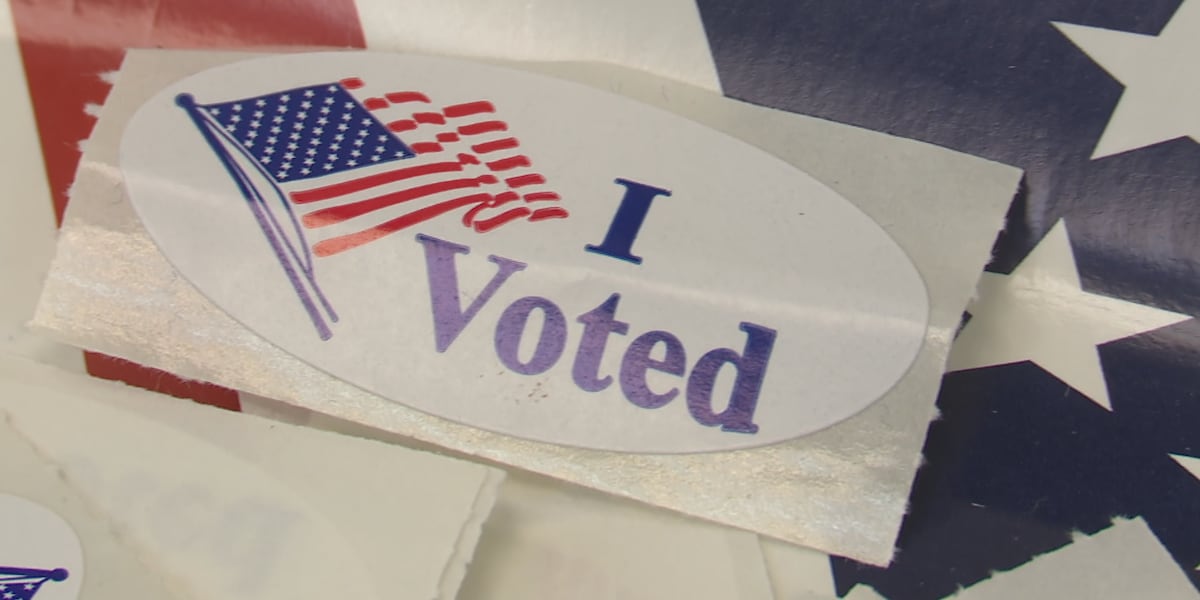A growing proportion of Republican voters have expressed a lack of confidence in their personal finances, according to a new poll by Navigator.
Why It Matters
Personal finance is of upmost importance to American voters. A Gallup poll showed that voters overwhelmingly cited economic pressures as the key reason they voted for Donald Trump in the November 2024 presidential election.
However, in the first few months of his presidency, confidence in Trump’s handling of the economy has fluctuated. After Trump introduced 10 percent import tariffs on trading partners around the world, markets plummeted and experts warned that there could be a global recession. Polls suggest many Americans are feeling anxious about the tariffs and how they could impact the economy.
AP Photo/Seth Wenig)
What To Know
According to the new Navigator poll, 55 percent of Republicans are confident in their financial situation and 42 percent are not. This means there is an overall confidence level of net +13 percent.
When they were previously polled on March 17, Republicans had a net confidence level of +32 percent, showing that there has been a decline of 19 percentage points in the three weeks between the two polls.
The poll, conducted by Global Strategy Group for Navigator, was of 1,000 registered voters. It was conducted between April 3 and April 7 and the margin of error was +/- 3.1 percentage points.
Among voters more generally, it found that 36 percent are confident about their personal financial situations and 62 percent are uneasy.
It also found that Democrats and Republicans are split on tariffs with 89 percent of Democrats opposing them but 71 percent of Republicans supporting them.
What People Are Saying
Senator Ron Johnson, a Wisconsin Republican, told Fox Business on Friday: “I’m getting all kinds of reactions from businesses, farmers in Wisconsin that are highly concerned about what’s happening. Those are the facts. All I can really do is report the reality to the administration, let them know how these actions are impacting my constituents, and it’ll be pretty much up to President Trump and his administration to determine exactly how long they’re going to go down this road.”
Mark Shanahan, who teaches American politics at the University of Surrey in England told Newsweek: “Americans vote their presidents in on their economic appeal—the unease here is that they don’t get to vote them out quite as quickly or easily. Trump knows he’s never going to have to run for election again and so is betting the farm on his belief in tariffs, even though economists, the markets and increasingly Main Street Americans are a lot less convinced by their efficacy. American confidence is based on what’s in people’s wallet, and Trump’s actions point to higher consumer bills, and smaller 401k pots for years to come—with a suspicion that this is all to deliver tax cuts that won’t filter down to the Average Working Joe.”
President Trump, speaking to reporters aboard Air Force One on March 31, said: “This country is going to be more successful than it ever was. It’s going to boom, we’re going to have boom town USA. We’re going to boom.”
What Happens Next
As routine polls continue, the American public will bear witness to the vacillating views of the electorate. Whether negative polling, if it is sustained, affects Trump’s economic policies, however, remains to be seen.













